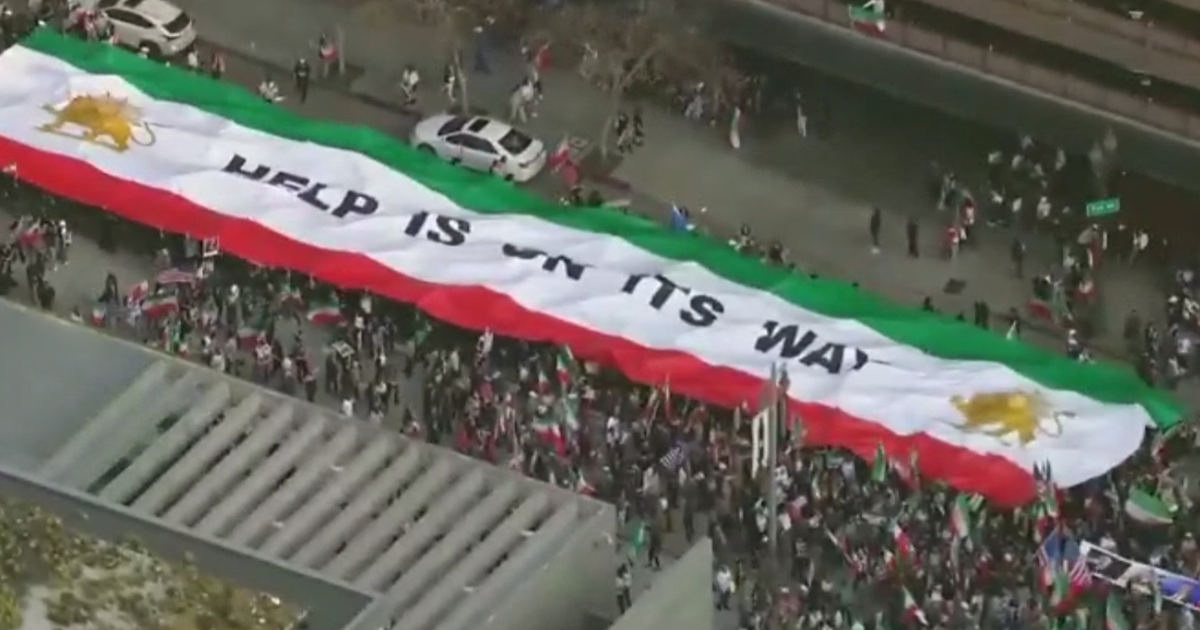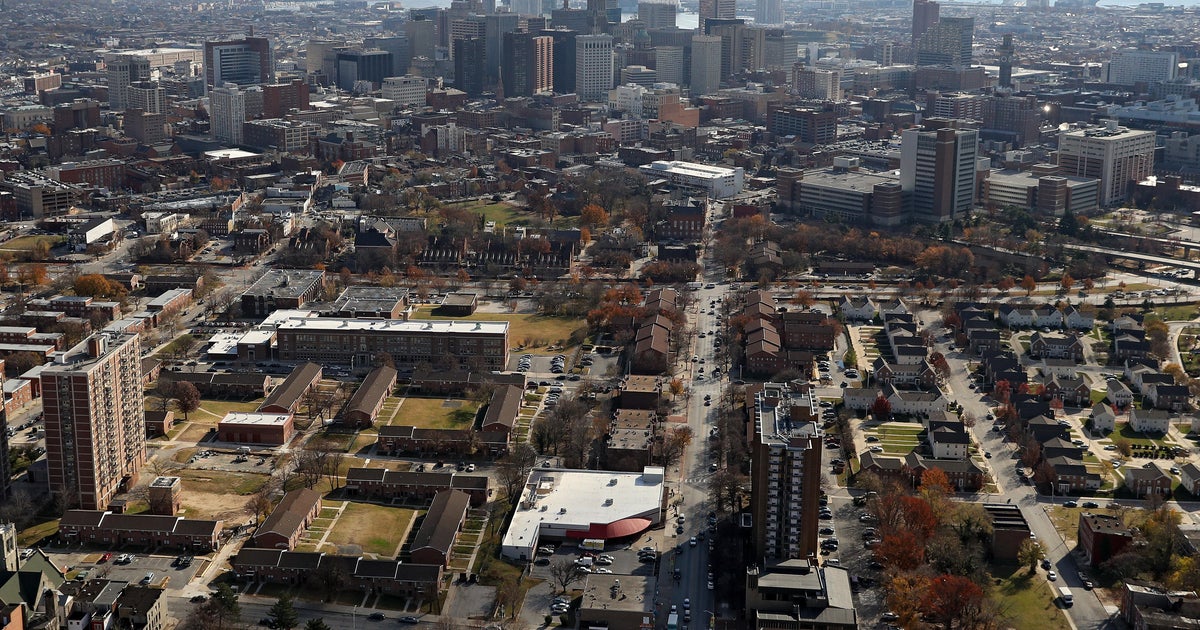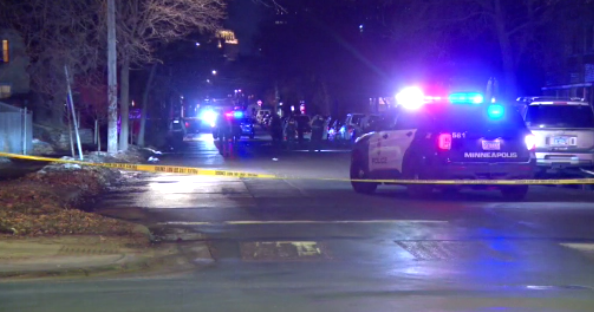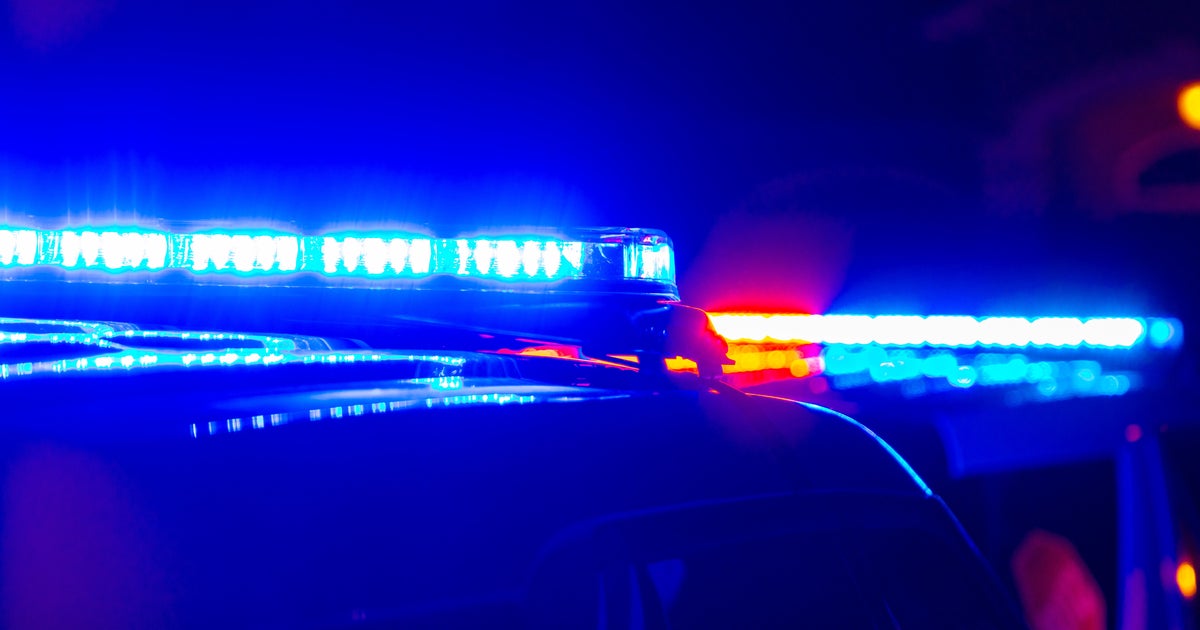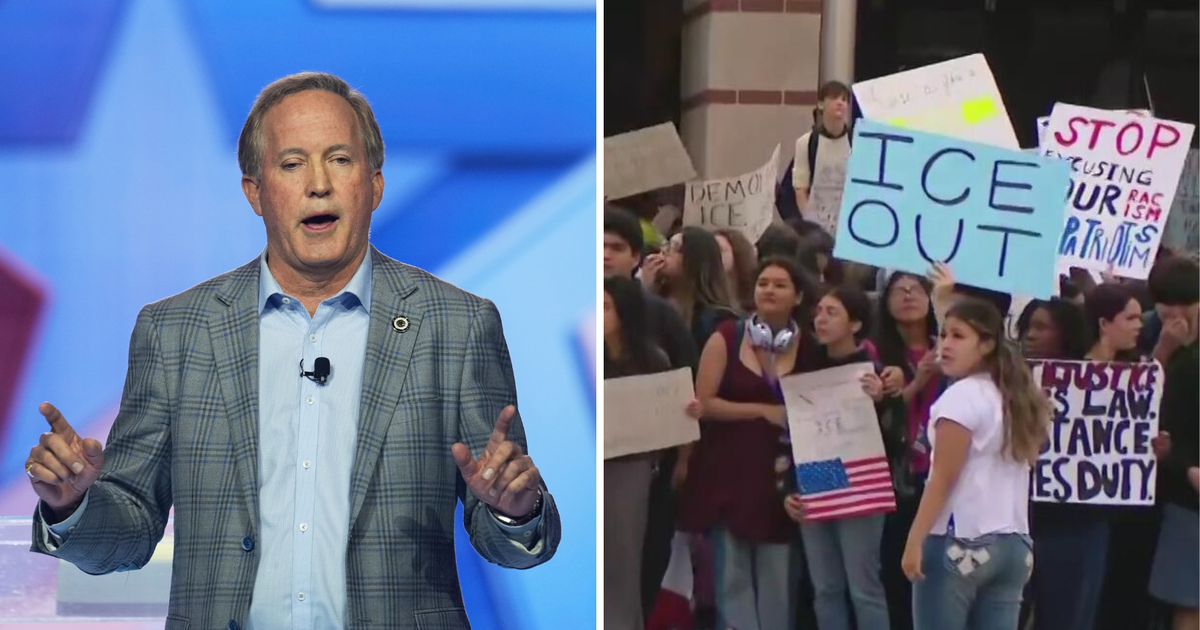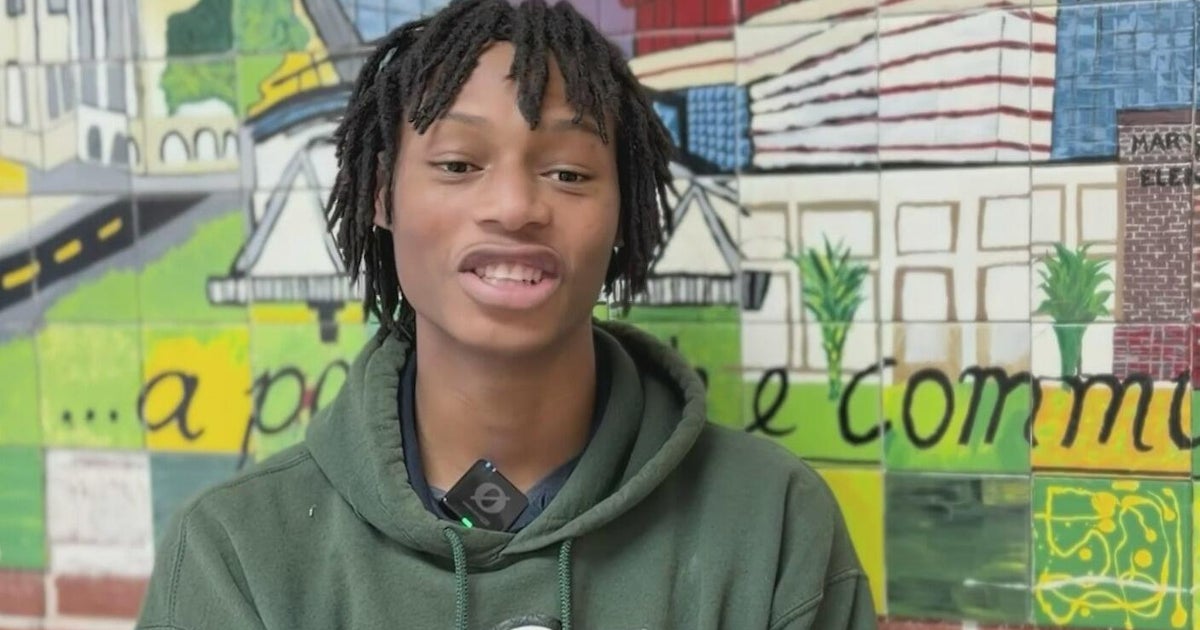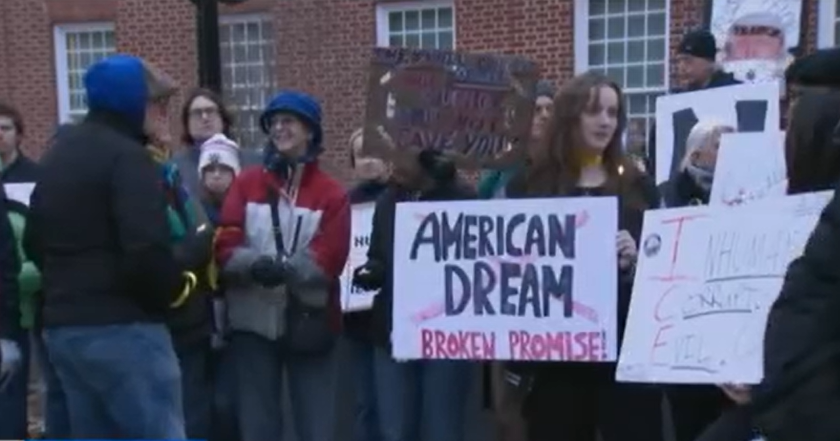Good Question: What Is The Most Effective Way To Protest?
MINNEAPOLIS (WCCO) -- It's been five days since a St. Anthony police officer shot and killed Philando Castile during a traffic stop.
His death, along with the officer involved shooting death of Alton Sterling in Baton Rouge, has groups like Black Lives Matter pushing for social justice.
Numerous marches and rallies are taking place throughout the country similar to the days of the civil rights movement.
That had us asking the Good Question, what is the most effective way to protest?
"I think it's a wonderful thing to see people out here protesting and raising their voices," Keith Mayes, a professor of African-American and African Studies at the University of Minnesota, said.
Mayes sees similarities between the civil rights movement of the 60s and now.
"The black freedom struggle has always been about taking to the streets making your voices heard. That's the only way marginalized, oppressed people can speak," Mayes said.
According to Mayes, one method of protesting isn't more effective than others but he does believe the biggest impact is in the support behind a rally.
The more people support a cause, the more likely change will come.
"I have found that more people are inclined to participate and have conversations and get on board the bigger the numbers are," Lane Holden, who demonstrated with Black Lives Matter over the weekend, said.
Motivating the public turnout is different than the 60s when individual acts of protest, like the refusal to leave a bus seat or a lunch counter sit-in, often led to larger demonstrations. Today, that call to action typically happens when bystanders capture police encounters on their phones and post them to the internet.
"Unfortunately, it's Philando. It's the individual acts of brutality that are resulting in deaths," Mayes said.
History has also shown how quickly a message can get lost. Mayes said violence can, at times, have the opposite effect on a demonstration.
In the 60s, attacks by law enforcement on hundreds of peaceful demonstrators on a bridge in Selma, Alabama, became a tipping point in civil rights movement.
On Saturday, a demonstration escalated on Interstate 94 and left 21 police officers injured. Members of Black Lives Matter denounced the behavior and believes it was people from outside the group who caused the violence.
"We just have to peel back the layers to say that, whatever we may find objectionable about public demonstrations, the question should be who's doing it and what's going on and why," Mayes said.
Mayes said, in addition to the public demonstrations, social change is effective when there's a coordinated effort of activists working behind the scenes with lawmakers.

